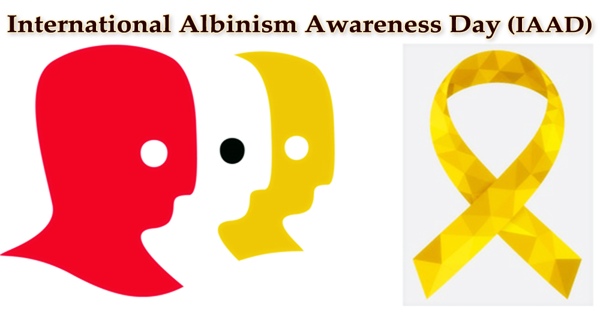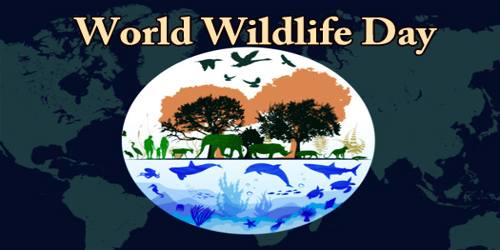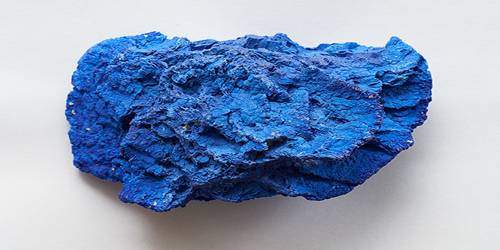Albinism is a genetically inherited, rare, non-contagious condition that manifests itself at birth. For practically all varieties of albinism to be handed down, both parents must carry the gene, even if they do not have albinism. The lack of melanin in the eyes, skin, and hair causes them to be more sensitive to the sun and strong light. There is no therapy or cure for albinism, which is characterized by a lack of pigmentation. International Albinism Awareness Day (IAAD) is an annual event held on June 13 to honor the human rights of people with albinism all around the world. People with albinism are frequently subjected to discrimination and violence, and this day is commemorated to stand up to the bullies who target them. This remembrance is extremely important in the lives of albino people and their relatives all over the world. Albino individuals live in continual danger of being killed in a variety of civilizations around the world, particularly in several African countries. Others are subjected to a great deal of prejudice and bullying. Reports surfaced in the mid-2000s detailing an increase in violent attacks on and murders of people with albinism in Tanzania. According to numerous tales, offenders attributed magical qualities to the bodies of albino people, motivating them to utilize them for fortunate charms and occult rituals. Until 2015, the culprits killed around 70 people and injured many more. In response, the Tanzania Albinism Society (TAS) and other non-governmental organizations (NGOs) began advocating for albino people’s human rights. On May 4, 2006, TAS commemorated the inaugural Albino Day. From 2009 onwards, it was known as National Albino Day, and then National Albinism Day. Albinism is believed to affect 1 in every 17,000 to 20,000 people in North America and Europe. The disease is far more common in Sub-Saharan Africa, with estimates of 1 in 1,400 persons being infected in Tanzania and prevalence rates as high as 1 in 1,000 recorded in Zimbabwe and other ethnic groups in Southern Africa. The United Nations General Assembly passed a resolution on December 18, 2014, designating June 13th as International Albinism Awareness Day. This landmark resolution reaffirmed the international community’s commitment to albinism advocacy. The resolution “encourages the UN Member States to continue their efforts to protect and preserve people with albinism’s rights to life, dignity, and security, as well as their right not to be tortured or subjected to cruel, inhuman, or degrading treatment or punishment, and to ensure equal access to employment, education, and justice and the enjoyment of the highest attainable standard of health for people with albinism.”
In recent decades, hundreds of albinos have been ruthlessly murdered and tortured in African countries. Local folklore claims that their bodily parts might bring good fortune and riches. Albinos are also thought to be evil spirits, according to popular belief. Because albinism is characterized by a lack of melanin, people with albinism are more prone to skin cancer. In some nations, the majority of albino people die of skin cancer between the ages of 30 and 40. When people with albinism exercise their right to health, skin cancer is generally avoidable. Regular health checks, sunscreen, sunglasses, and sun-protective gear are all included. These life-saving tools are unavailable or inaccessible in a large number of countries. As a result, people with albinism have been and continue to be among those who have been “left furthest behind” in terms of progress. As a result, they should be targeted for human rights initiatives in the way that the Sustainable Development Goals intend. On a global level, the Canadian NGO Under the Same Sun (UTSS) supported Yusuf Mohamed Ismail Bari-Bari, the late Ambassador of the Somalia Mission to the United Nations (UN), in his efforts to draft a resolution advocating and defending the rights of people with albinism. When the Human Rights Council adopted the first resolution on albinism on June 13, 2013, it paved the way for such a resolution. The Human Rights Council later suggested that the United Nations General Assembly declared June 13 as International Albinism Awareness Day in its resolution 26/10 of June 26, 2014. The UN’s General Assembly, then, adopted on December 18, 2014, resolution 69/170 to proclaim, with effect from 2015, June 13 as International Albinism Awareness Day. The date was chosen to coincide with the one-year anniversary of the United Nations’ first resolution, which was passed on June 13 of the previous year. Today, IAAD is observed in countries all over the world, including Tanzania, Argentina, Senegal, Fiji, France, the United Kingdom, and Namibia. “In the Shadow of the Sun,” an independent documentary, was released in 2013. Director Harry Freeland’s film chronicles the story of Tanzanian Josephat Torner, who suffers albinism. They spent years traveling over Tanzania to disseminate awareness about the illness, which is commonly misunderstood. The documentary, as well as several other documentaries, have been effective instruments in the fight against the persecution of people with albinism, also known as PWA. Albino people endure a variety of prejudice around the world. Albinism is still widely misunderstood in both social and medical circles. People with albinism are frequently the subject of erroneous ideas and myths influenced by superstition, which contribute to their social marginalization and exclusion. Each year, a theme is chosen to set the tone for the events surrounding International Albinism Awareness Day (IAAD).
















